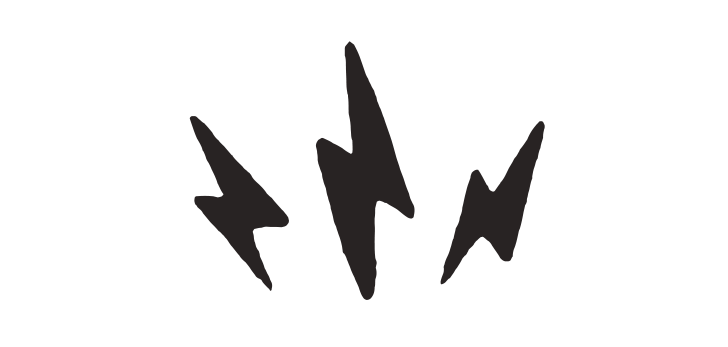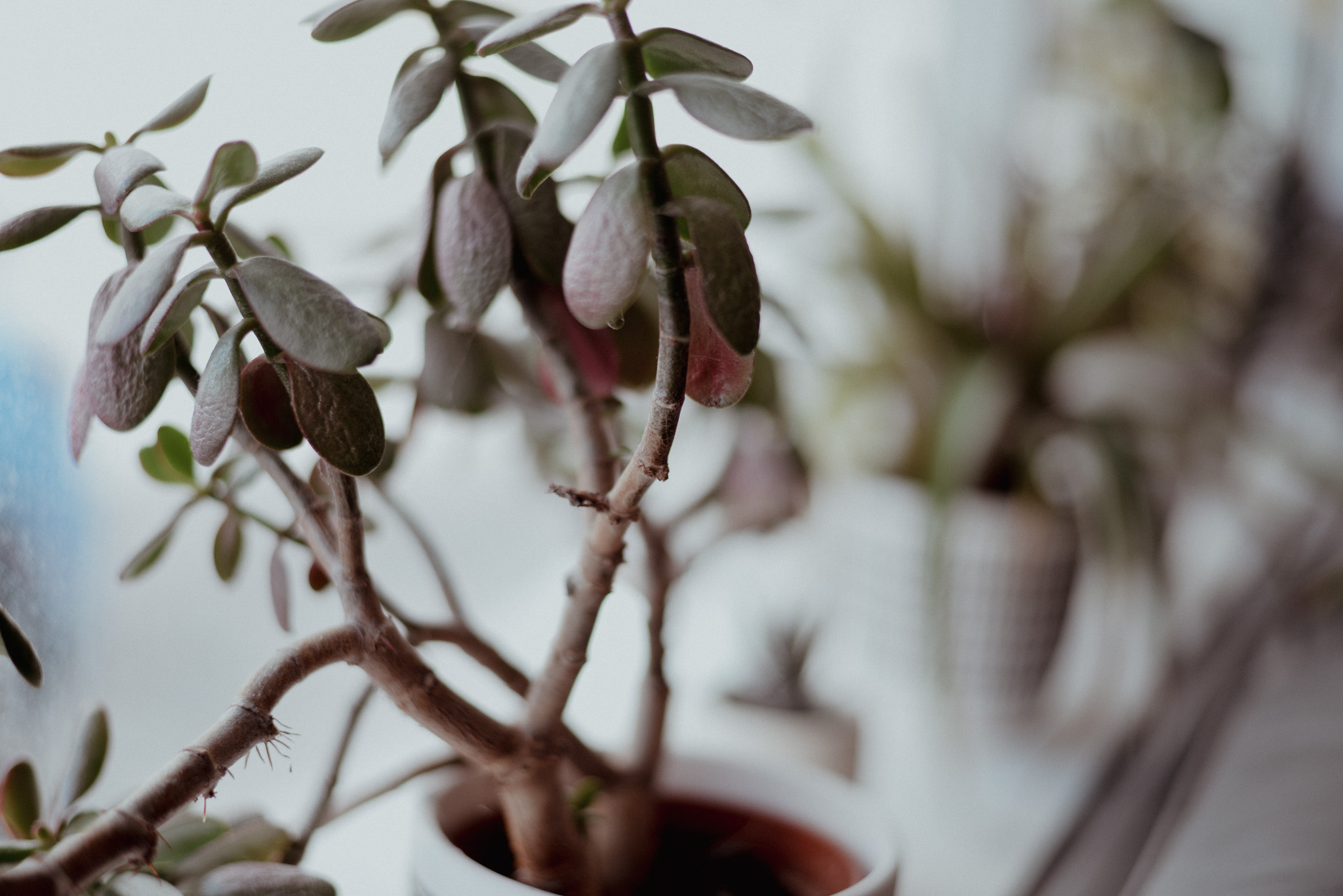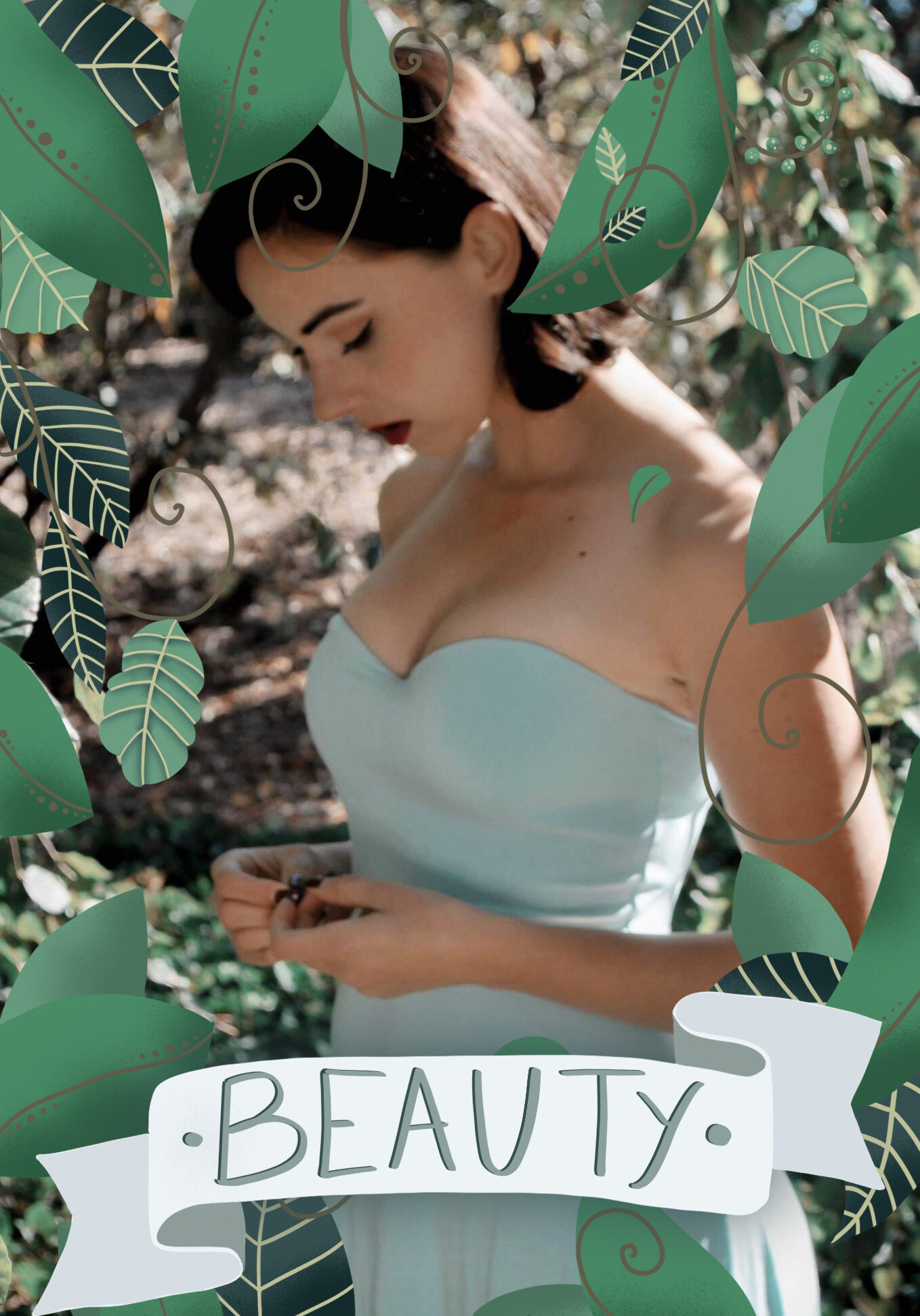
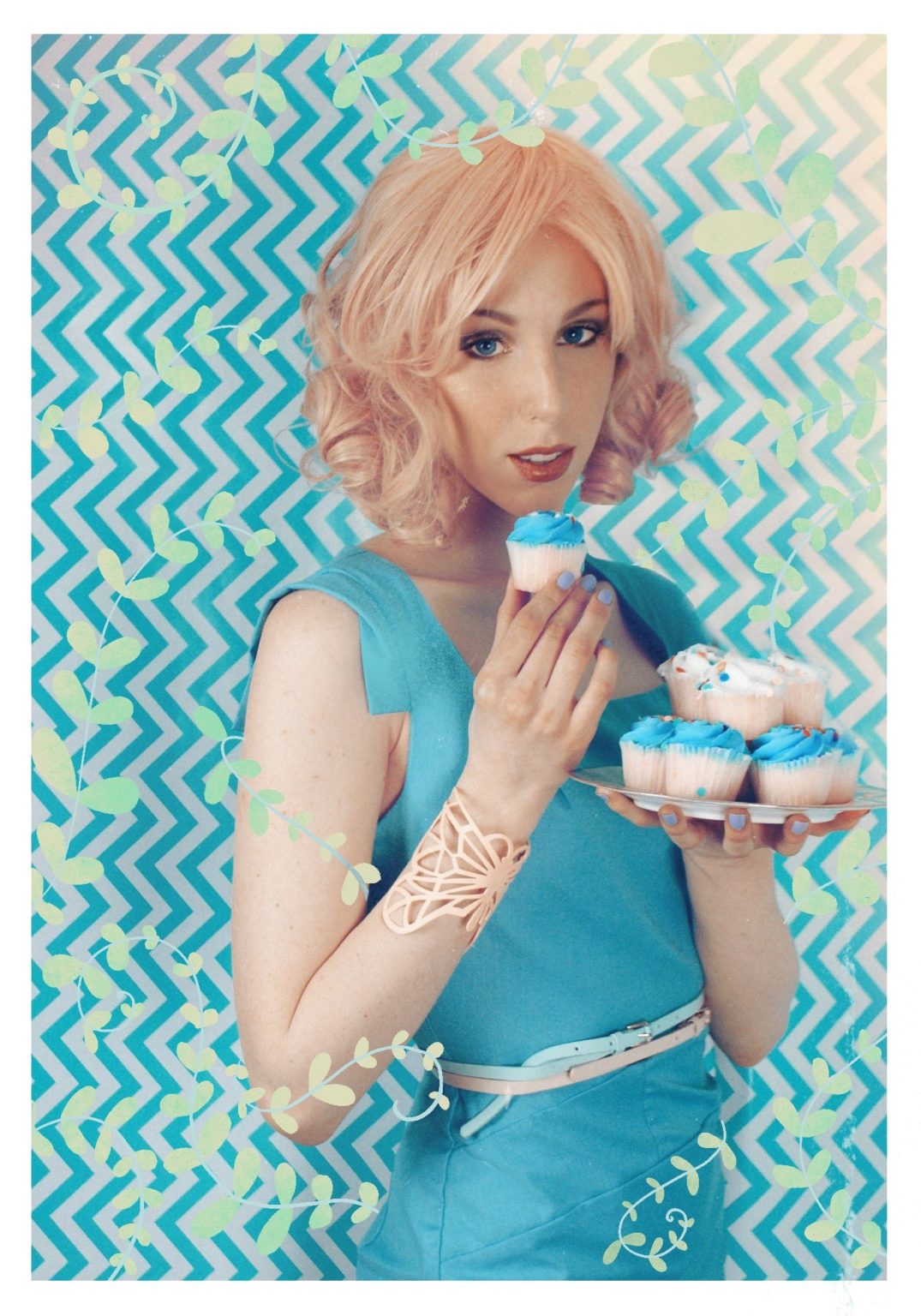
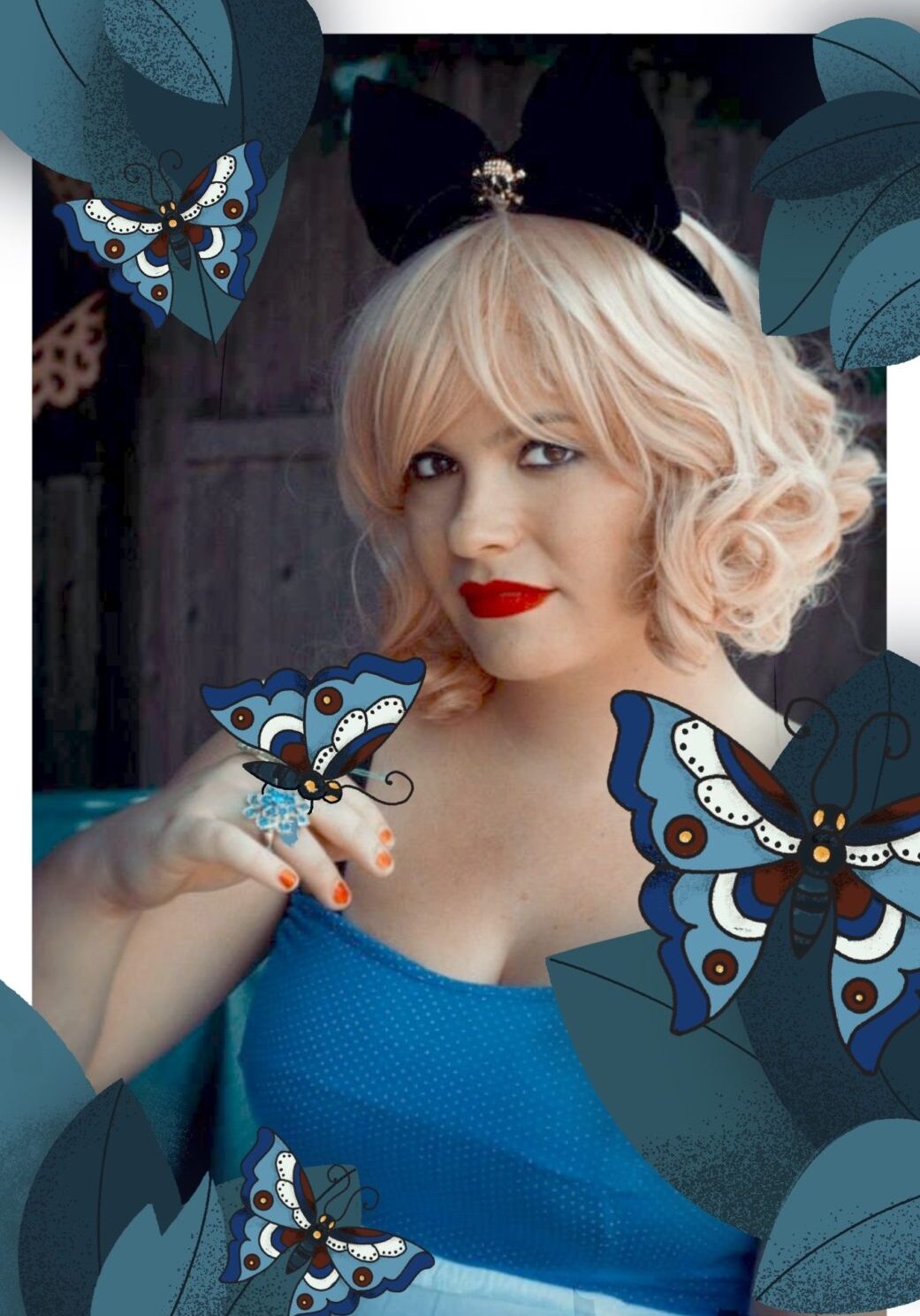
creativity & play iwd 2023
As we grow older, we often forget the joys of play and creativity that we experienced as kids, teens, and even 20-somethings. The pressures of society to conform to a certain way of being and behaving can be overwhelming, leading many adults to stifle their natural artistic impulses, and we here at reCreative are no strangers to that. I was recently tagged in a blast-from-the-past image that I photographed and edited over a decade ago. It sent me down a wild rabbit hole chase of my past-self and how she used to convince people to let her dress them up and photograph them, without the expectation of publication or viewership.
This was a common occurrence in my life, on the weekends I’d be bored or inspired by something and invite one of many people over to rebuild the vision I had in my head for a beautiful scene. Often, they came out better than I could have imagined. But somewhere along the way I lost that drive. There were many factors at play but I know one thing for sure, as you age the pressure to do something ‘serious’ with your life becomes more and more apparent. Bills will always be there, your rent or mortgage, putting food on your table. The one thing that few people really talk about is how creativity can help all of those things.
After the deep-dive rabbit hole of my past photography work, I got to thinking – why don’t I play anymore? Why don’t I create with the medium I know and love? Although there is no straight answer I can say for certain that I’ll be taking time moving forward to photograph people, places, things, my dogs, whatever will let me. Through this rabbit hole I found that I can now combine two of my loves, photography and design by taking old projects and making them new once again. [The photos within this article are these very projects]
There are so many incredible benefits to embracing our inner child and allowing ourselves the freedom to play and create as adults.
Firstly, engaging in creative activities can have numerous mental health benefits. Studies have shown that art therapy can be effective in reducing anxiety, depression, and stress. Engaging in creative activities also provides a sense of accomplishment and self-expression, which can boost self-esteem and confidence.
Being encouraged to play and be artistic can also have positive effects on our professional lives. Creativity and innovation are highly valued in many industries, especially in an environment like advertising. Engaging in creative pursuits can also improve problem-solving skills and increase mental flexibility, which are important attributes in and outside of the workplace.
it’s imperative that we continue to play throughout adulthood, even though it may be more difficult it will make you a happier, healthier individual.
Despite these benefits, the pressure to conform to societal expectations can be overwhelming. Many adults feel that engaging in creative pursuits is frivolous or a waste of time, and that they should be focusing their energies on more “serious” pursuits. It is important, however, to remember that creativity and play are not just for children – they are essential components of a healthy, fulfilling life at any age.
It is also important to recognize that societal expectations and gender roles can have a significant impact on women’s ability to engage in play and artistic pursuits. We’re often expected to take on the role of caretaker, whether it be for children, elderly relatives, or our partners. This expectation can lead to a sense of guilt or obligation that prevents women from taking time for themselves and pursuing their own interests.
Furthermore, women’s contributions to the arts are often undervalued or overlooked. Female artists and creatives have historically been underrepresented and undervalued, which can make it difficult for women to feel that their own artistic pursuits are worthwhile or valid. Additionally, women may face more barriers to accessing creative opportunities, such as financial constraints or a lack of representation in artistic communities.
Our technology director, Raman Kaur, says “I always wanted to pursue in the field of teaching post my master’s degree. I wanted to work as a lecturer. However, my son was an infant at that point of time and I could not pursue a career that demanded full time commitment. Because of this, I decided to work as a freelance web designer where I had freedom of working as per the available time. It turned out to immensely useful for me because as time went on, I was able to learn new skills in web design and development. Ultimately, I have become a master in this field and am extremely happy about my success as a web designer and very proud of attaining high respect in this field along with availability of ample time to spend with my family.”
Through her work with reCreative + others, she has been able to explore that creativity each and every day through her work and the learning experience she went through years ago with her son. She says, “it’s imperative that we continue to play throughout adulthood, even though it may be more difficult it will make you a happier, healthier individual.”
If you’re feeling stuck in a rut and yearning to tap into your inner creativity, there are many ways to get started. Consider taking an art class, joining a community theater group, or starting a craft project at home, or even do what I did, revisit your old work or favorite things to do and see what blooms. Remember that the process of creating is more important than the end result – don’t worry too much about being perfect or producing a masterpiece. Allow yourself to be playful, experiment with new materials, and enjoy the process of discovery.
By embracing our inner child and allowing ourselves the freedom to play and create, we can live more joyful, creative lives.
Maybe IWD & Creativity/Play don’t seem like they go hand in hand, but as a woman owner and creative, I can assure you they do.


